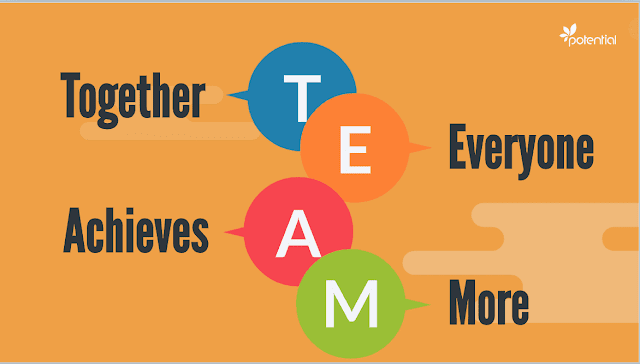Positive Behavior
I woul like to share with you some extracts from the "Profit Boss" book, by David Free Mantle, sharing by my father, Jose Lara. It is an interesting way to apply positive thinking in business and life. My father told me that part of his thought which helped him a lot in his career.
The author presents a set of principles to be followed in practice you achieve good results in people and in business. My father briefly recounts one of the fundamental principles in their work experience:
PUTTING PEOPLE FIRST
My first director job was as a Controller at Unilever. Unilever was then and still is an excellent company.I learnt many valuable management lessons at Unilever and one of them was that to excel in business you have to invest an inordinate amount of time, energy, and effort in getting the people thing right.That principle has stayed with me throughout my career, which includes a post as President of the board of AVMCA. With the hindsight of wisdom and all my experiences with a multitude of companies around the world, such as FORD, MONSANTO, XEROX, UNILEVER, AVON, TURNER, some good and some not so good, I still believe in this principle. Jose Lara
"The best team leaders practice their “POSITIVE BEHAVIORS” every second of their life.
They make a difference. They motivate their people to perform exceptionally well and achieve the required results on a daily basis as well as in the longer term. These bosses understand what the “POSITIVE BEHAVIORS” is all about and so do their teams.
They are focused and they have flair. They have the energy and they have the edge. Furthermore, they have fun when they are fighting hard to deliver the goods.
The “POSITIVE BEHAVIORS” is a matter of daily personal operations, of the little things that the best bosses do and think on a minute-by-minute basis that have such a big impact on the teams they manage.
The best team leaders practice their “POSITIVE BEHAVIORS” when they step through the door at 8.00 a.m. on a Monday morning. That’s because they choose to step through that door at 8.00 a.m. as opposed to 9.00 or 10.00. Every little choice they make, even what time they start work, will be observed and will have a big impact on the team’s motivation.
Thus the decision of what to do first—whether to pick up the phone, check the email, read a newspaper, grab a coffee, go and see the director, chat to the secretary, or walk around saying “Hi!” to every team member and asking about their weekend—will have an impact.
The worst bosses get these small behaviors wrong and the best bosses excel at them."

Comments
Post a Comment